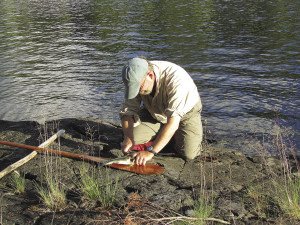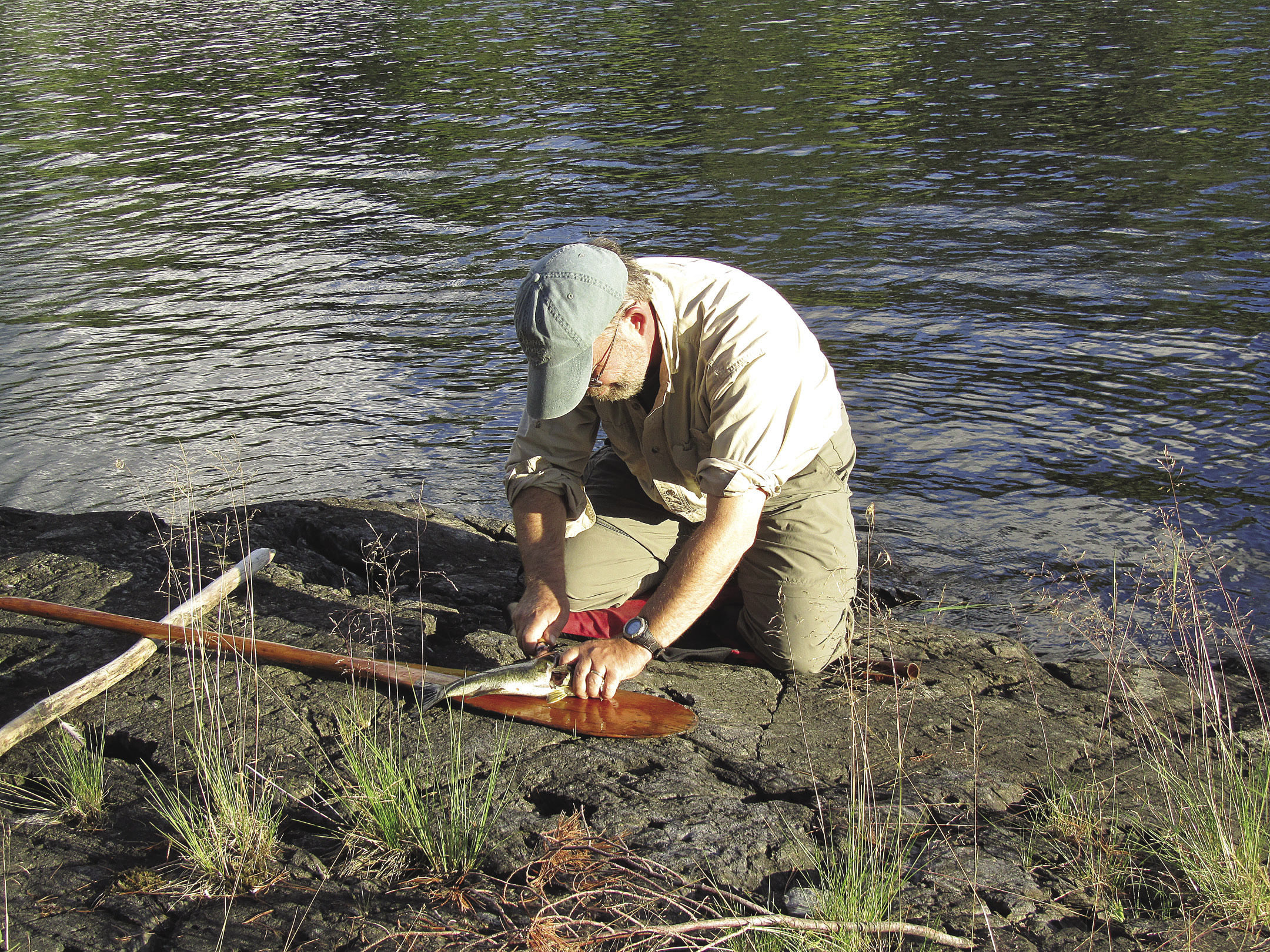
DULUTH—People come from all over the world to enjoy the beauty and serenity found in the Boundary Waters Canoe Area Wilderness. Some 200,000 annual visitors enter the Boundary Waters, making it the most visited unit in the National Wilderness Preservation System.
With visitors come impacts—both to the resource and to other people. Keeping those impacts to a minimum are not only crucial to the preservation of the area, but to the enjoyment of fellow travelers. The Forest Service has its own set of rules, some of which overlap with these recommendations:
- Pack smart! Everything should go in packs and items removed while paddling should be stowed back into the pack before landing at portages. Besides avoiding losing things, being efficient helps minimize congestion at portage landings.
- If making multiple trips across a portage, place the gear left at either end out of the way so as to not block the trail or landing for other users.
- Let’s face it, portages end up being a chance for paddlers to answer that call of nature – don’t do it near the landings. Head up the trail a bit and then back into the woods. We’ll all thank you.
- Boundary Waters rules state that no more than nine people can be at any one place at one time. That means portages too. If your group is having a picnic at the portage landing, and my group would put us over nine, my party has to sit out on the water until you’re done. In other words, take your breaks somewhere else—an island, a point, or empty campsite.
- Sound travels a great distance over water. Be kind to other visitors (and see more wildlife) by using your “inside voice” outside.
- If an area of a campsite is lush and green, or growing wildflowers, that doesn’t make a good place to pile gear, lie down, or put a tent. It makes it a rarity, and a place to admire. Restrict your activities to those areas already hardened by use. It takes a long time for soil to build, and plants to grow in this harsh environment, but just a few minutes of shuffling feet or dragging gear to destroy it.
- Clean fish well away from any campsite. Whether you bury the remains in the woods, place them on a rock for scavengers, or sink them in deep water is a matter of debate, but no matter how you dispose of fish remains, do it far from areas people use. A fishy campsite is sure to attract biting flies and possibly bears.
- Foil doesn’t burn. Really. Half of those food packets you burned were lined with foil, which is now in the firegrate. Either don’t burn the trash (illegal in Minnesota anyway) or retrieve the foil.
- Clean up after yourself. Your mother would be proud and other campers will be thankful. If you hauled it into the wilderness, you can sure haul it back out.
- It’s an old custom, now often forgotten—leave some dry kindling and a few sticks of firewood for the next campers. Maybe then they’ll do it too!






